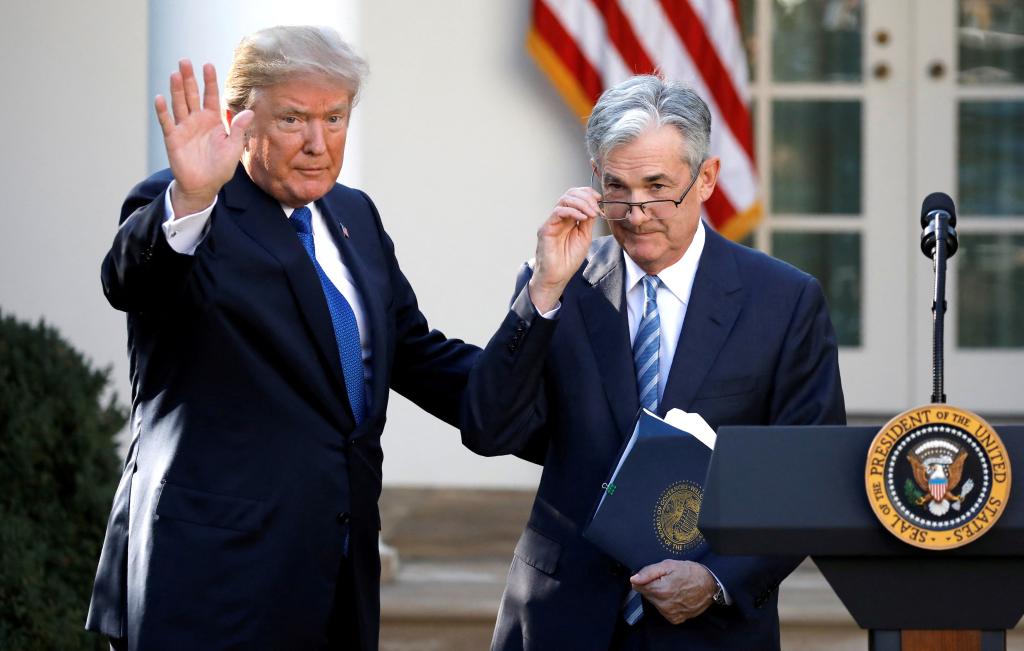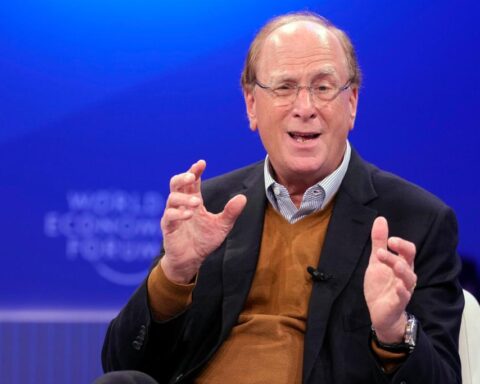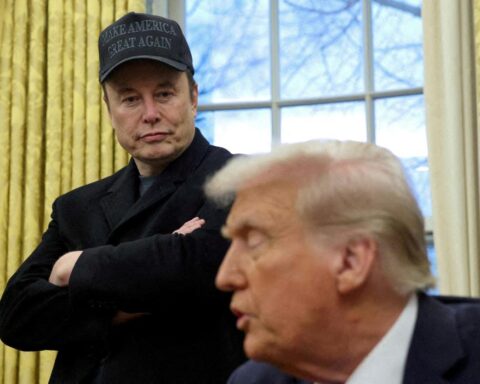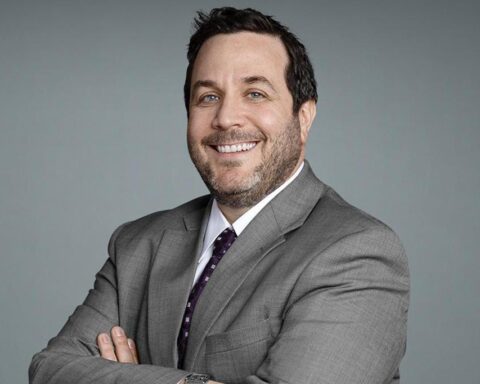President-Elect Says He Will Not Remove Powell, Despite Previous Criticism Over Interest Rate Policies
In a recent interview aired on NBC’s Meet the Press with Kristen Welker, President-elect Donald Trump stated that he does not plan to seek the removal of Federal Reserve Chairman Jerome Powell when he assumes office in January, despite their past disagreements on monetary policy. Trump’s comments marked a shift from earlier tensions and highlighted his reluctance to replace Powell, whose term as Fed Chair runs until 2026.
“No, I don’t think so. I don’t see it,” Trump said when asked whether he would attempt to oust Powell, noting that he did not expect the chairman to step down voluntarily. “I think if I told him to [go], he would. But if I asked him to, he probably wouldn’t,” Trump remarked, acknowledging the complexities of the situation.
While Trump’s statement may appear conciliatory, the backdrop of their fraught relationship remains undeniable. During his first term, Trump frequently criticized Powell and the Federal Reserve, particularly in regard to interest rate hikes. Trump’s goal to reduce mortgage rates and borrowing costs for U.S. households during his campaign had the potential to clash with Powell’s focus on controlling inflation through rate adjustments.
In fact, during the final months of 2018, Trump privately discussed the possibility of removing Powell, frustrated by the Fed’s decision to raise interest rates. He also publicly criticized Powell for what he saw as detrimental economic decisions, particularly as the COVID-19 pandemic began to impact the U.S. economy in early 2020. This level of direct criticism of the Federal Reserve was unprecedented, as most U.S. presidents have refrained from publicly attacking the central bank’s leadership, respecting its independence.
Despite their rocky past, Trump acknowledged Powell’s position in the interview, explaining that he did not foresee an early departure for the Fed chair. Powell has also made it clear that he would resist any attempt by Trump to remove him before the expiration of his term, citing legal protections that prevent such actions. “It’s not permitted under the law,” Powell asserted last month in response to speculation that Trump might try to dismiss him.
Trump’s choice to reappoint Powell as Fed chair in 2018, despite their disagreements, marked a pivotal moment in his administration, as Powell is a former private equity executive and a Republican. Powell’s term was later renewed by President Joe Biden, emphasizing the central bank’s political independence.
Looking ahead, Trump’s economic policy proposals may continue to challenge the Fed’s role. With the central bank expected to reduce interest rates during the upcoming December meeting, analysts anticipate that Trump’s push for lower rates could exacerbate tensions between the White House and the Federal Reserve. Nonetheless, Trump’s current stance suggests a more pragmatic approach to Powell’s leadership than in the past, signaling a potential detente in their ongoing relationship.


















